Pros and Cons of dry hopping
.jpg)
Due to the fact that no volatile oils are boiled off, the benefit to dry hopping is that the brewer can get as much flavor and aroma possible into the final beer. This can give your beer a floral hop essence and an
intense flavor that is desirable in hoppy beer styles like pale ales and IPAs. Some commercial beers that are dry-hopped include Sierra Nevada’s Celebration Ale, Young’s Special Ale, Anchor Liberty, and Sam Adams Pale Ale.
Nevada’s Celebration Ale, Young’s Special Ale, Anchor Liberty Sam Adams Pale Ale. What dry hopping does not add to the beer is bitterness. Boiling is necessary to convert the alpha acids in the hops to iso-alpha acids to create bitterness. To maintain your desired bitterness, you still need to add the bittering hops to the boil.
The lack of boiling, however, is also a potential drawback of dry hopping. That is, since they are not boiled, the hops are not sanitized. This seems to worry a lot of brewers, especially those who havent tried dry hopping before. The truth is that hops do not provide a supportive environment for most types of bacteria. On top of that, if the hops are added to the primary fermenter after the start of fermentation, any bacteria
on them will have a difficult time competing with the vigorously active yeas in the wort. If the hops are added to the secondary fermenter then the alcohol content and the low pH of the beer will suppress
bacterial growth. Keeping this in mind, its safe to say that bacterial contaminations caused by dry hopping are extremely rare and not worth worrying over. The only other drawback to dry hopping is that some beer drinkers just don’t like the effect. They think it makes the beer taste “grassy” or “oily.” This method definitely gives a different kind of flavor and aroma than the traditional method of adding hops to the boil, but if you like any of the commercially dry-hopped
beers mentioned, you will probably like it in your homebrew as well. Personally, I love it!
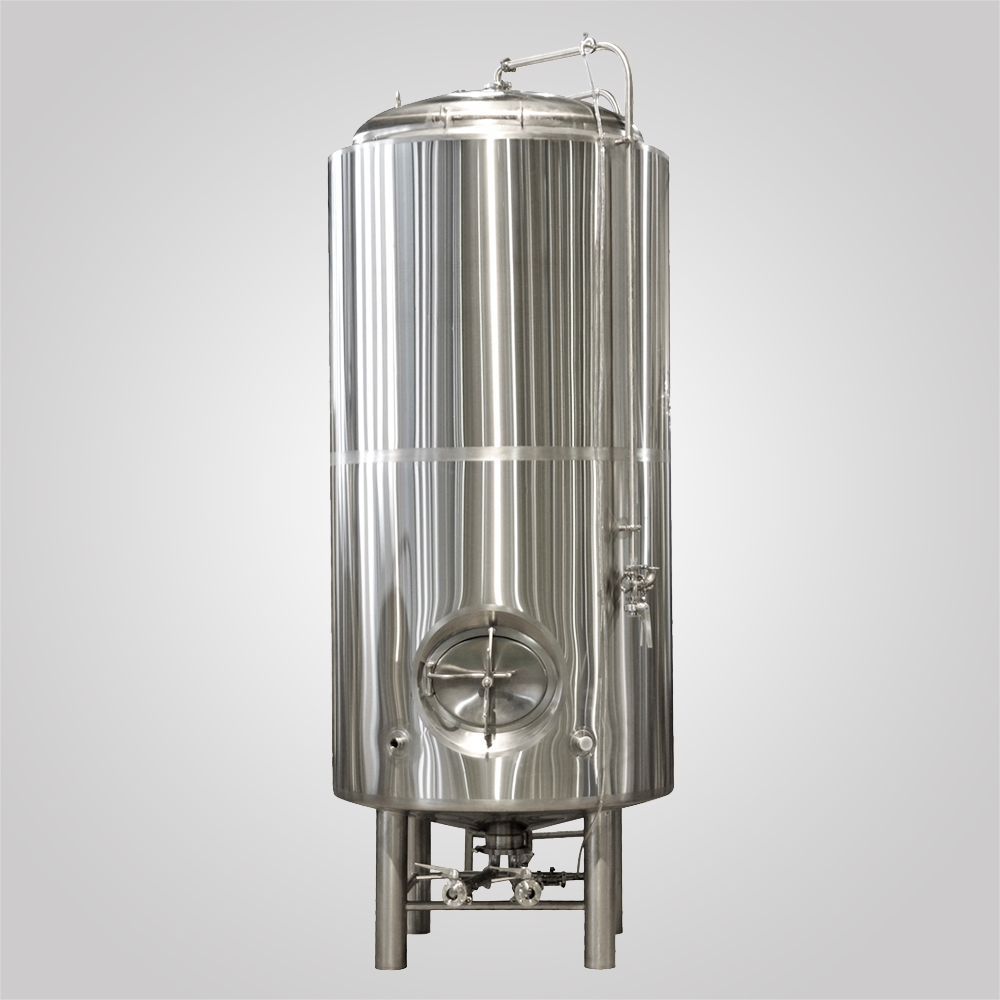
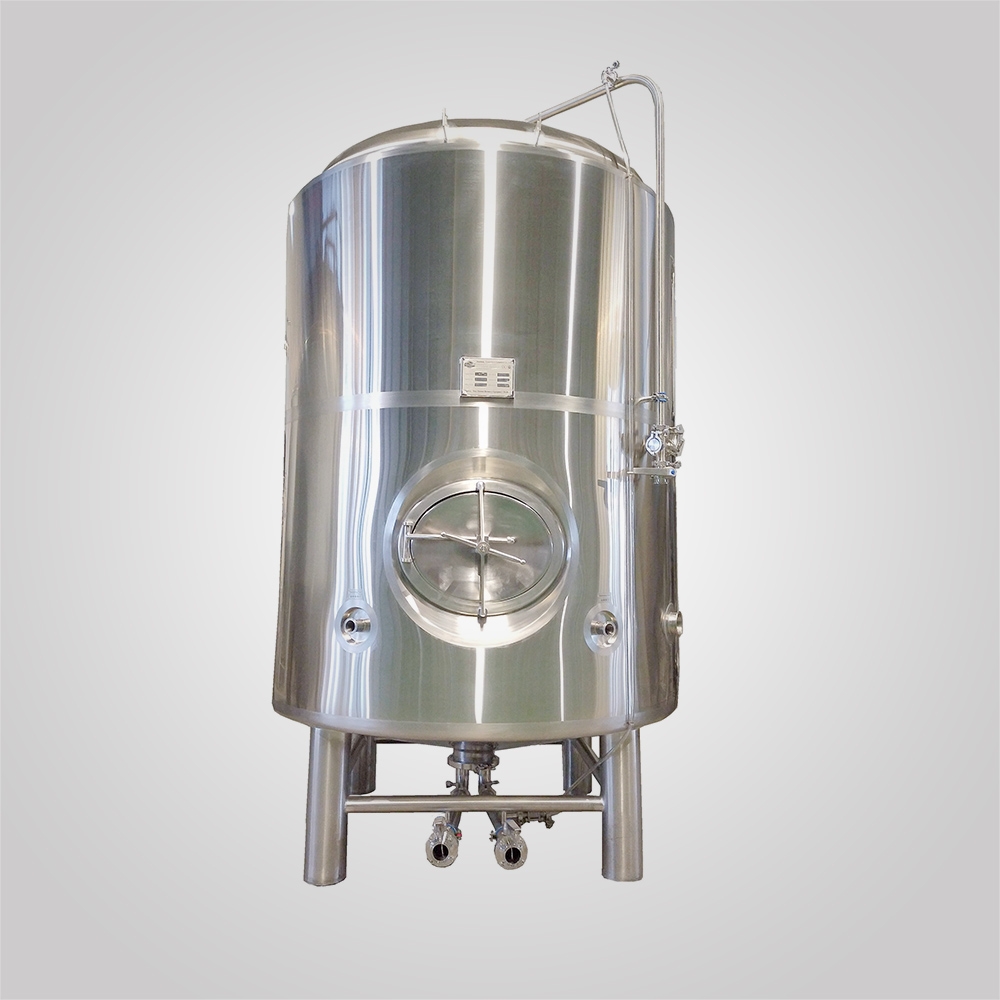
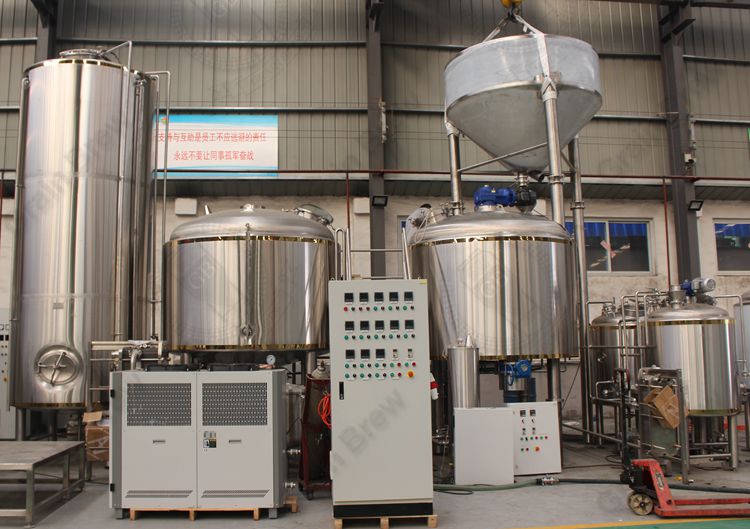
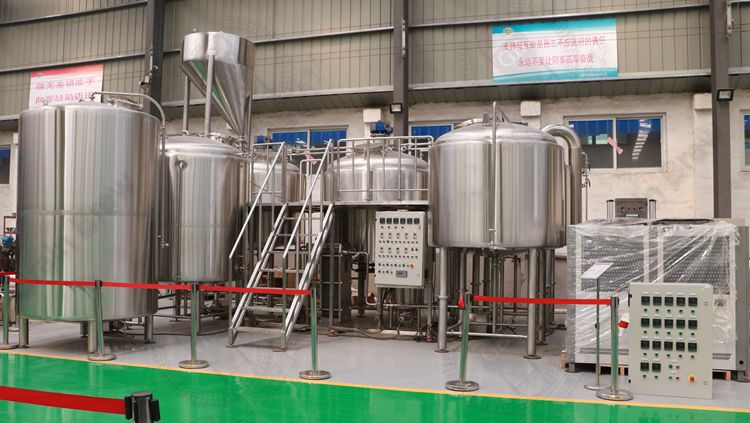
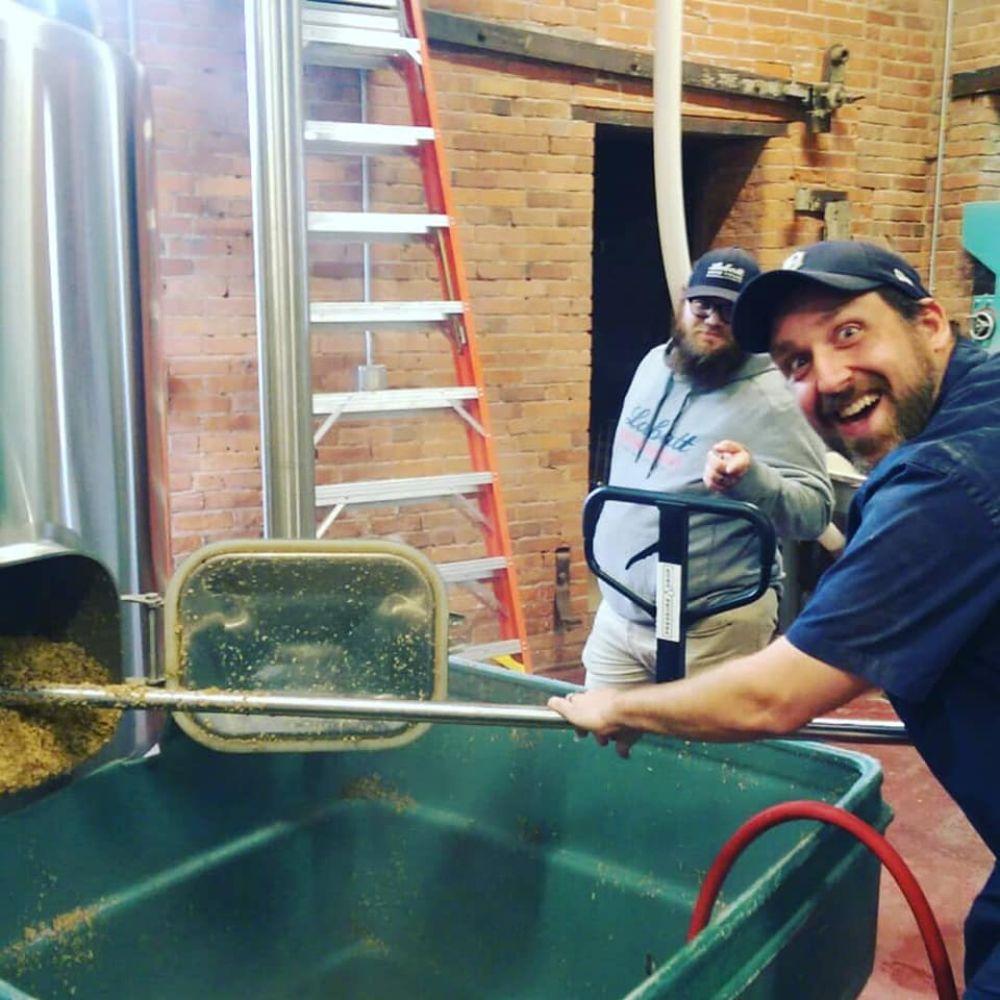
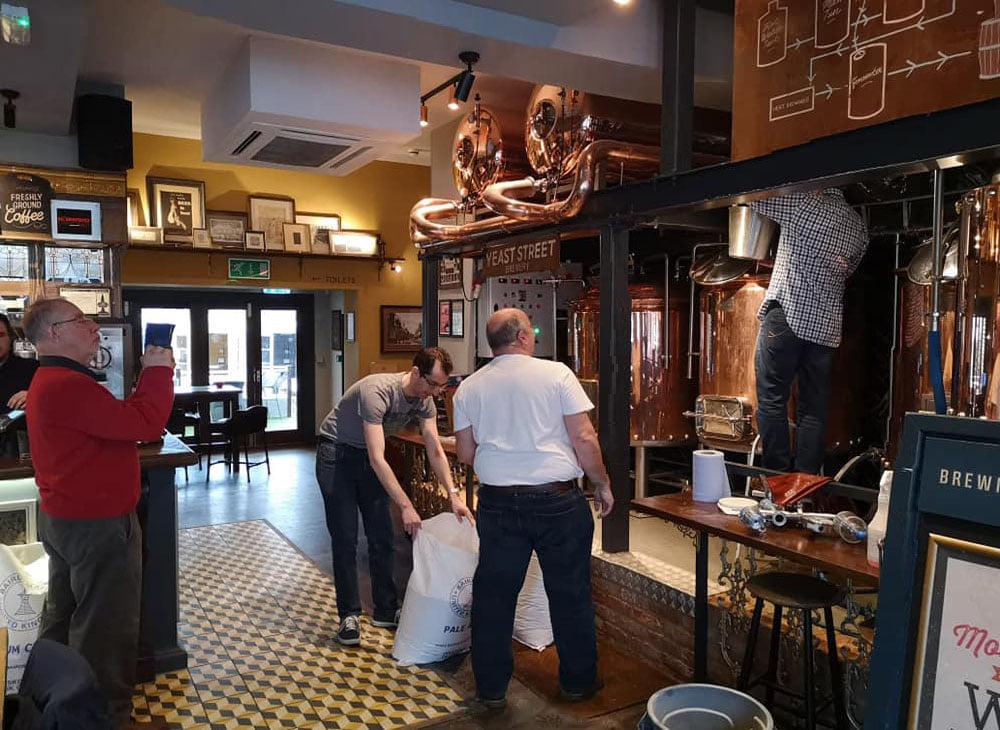
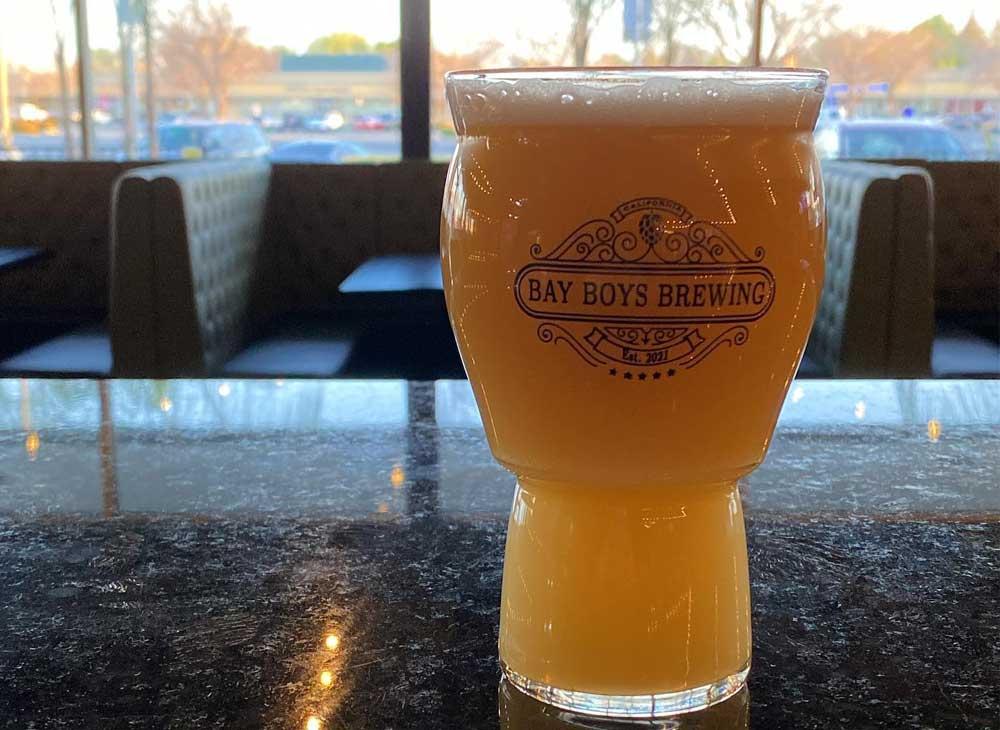
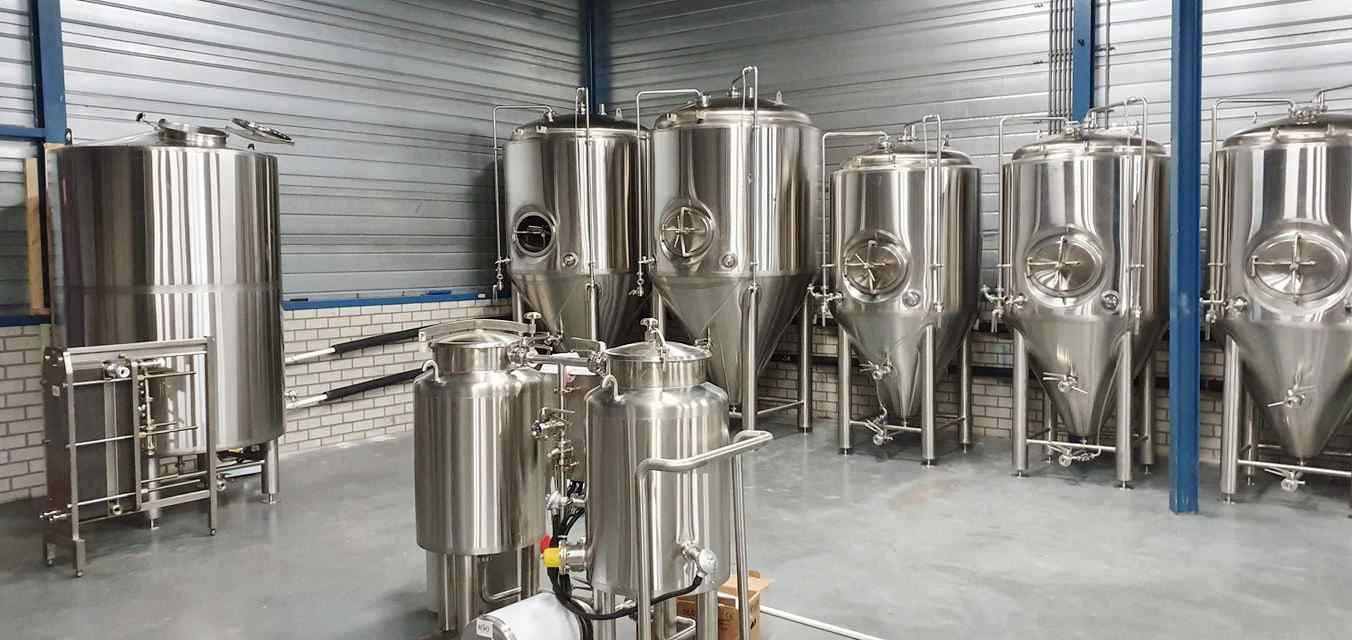
.jpg)
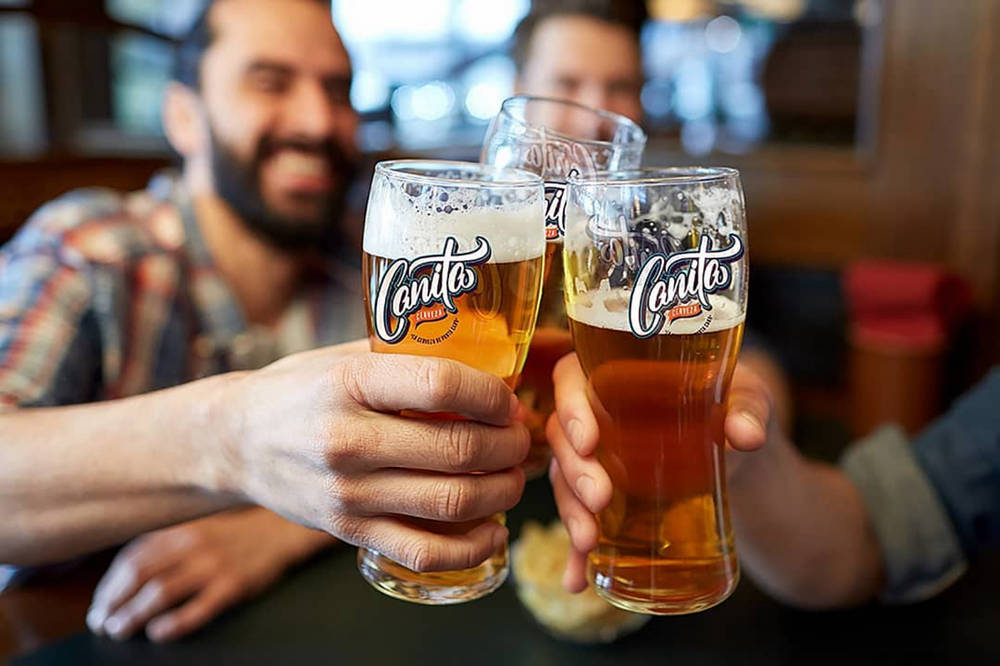
Leave a Comment